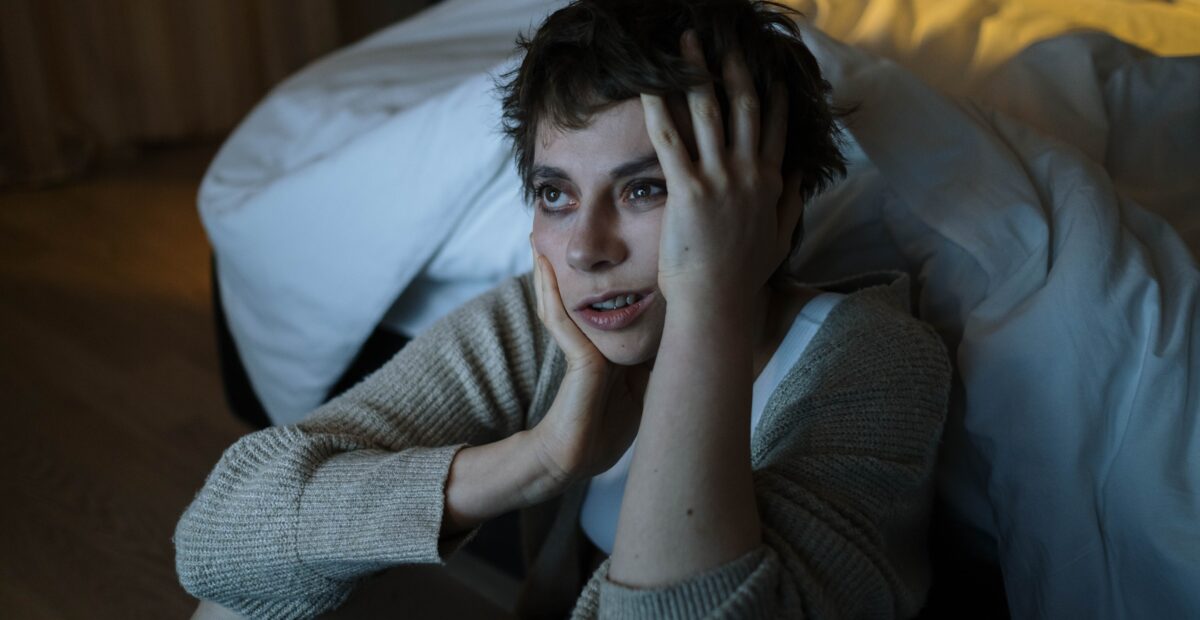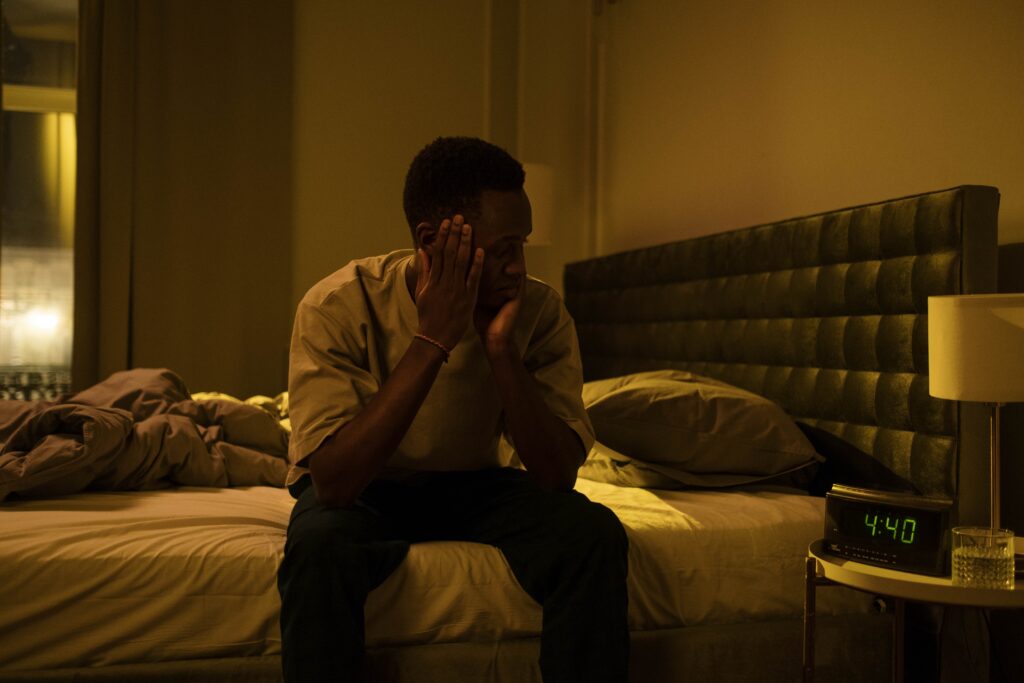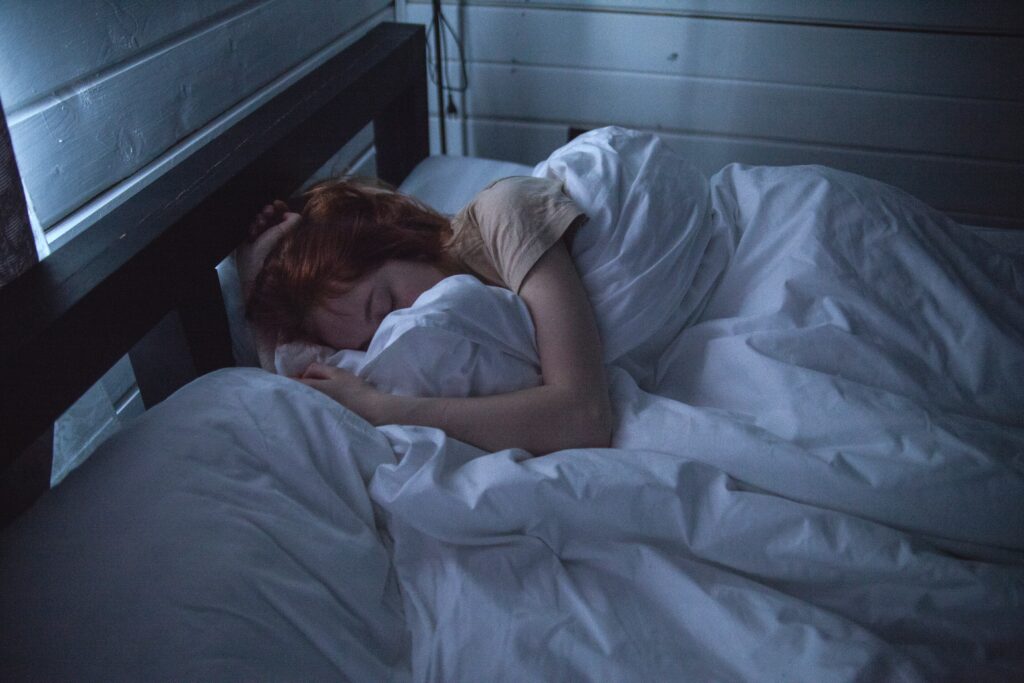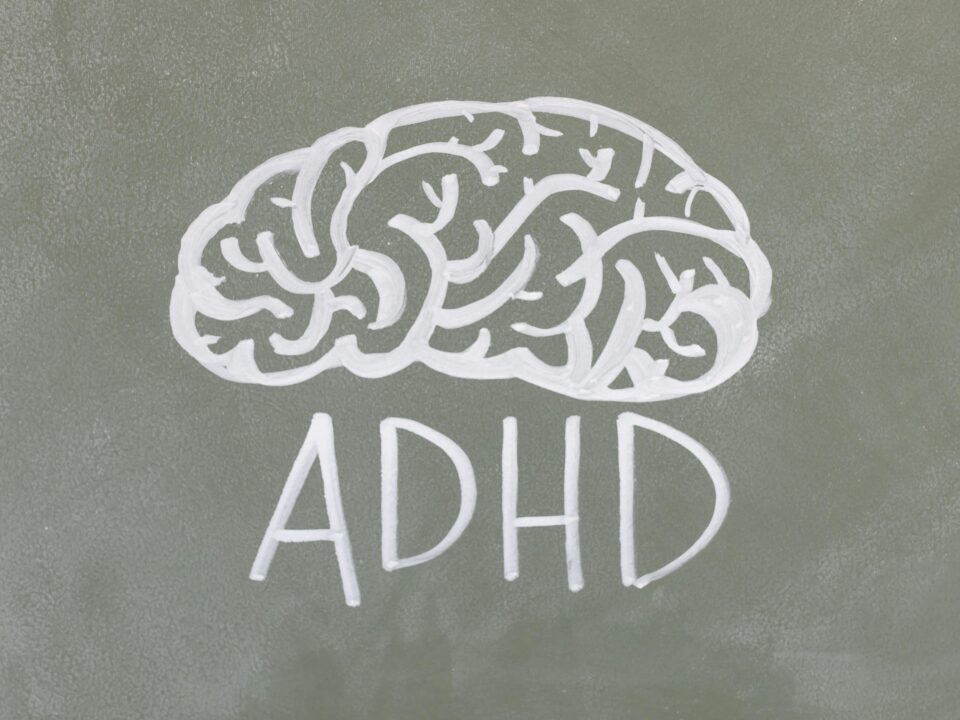Does ADHD Affect Sleep?

Featured image by cottonbro studio, Pexels
You know how it feels to get a bad night’s sleep. You wake up about as tired as you were when you went to bed; you spend the day in a haze; you find yourself forgetting simple things. For most people, this problem is temporary and can be easily solved. But if you have ADHD, it’s much more complicated.
Attention-Deficit/Hyperactivity Disorder (ADHD) is characterised by symptoms of inattention, hyperactivity, and impulsivity. But there’s a lesser-known symptom of ADHD that has flown under the radar for decades: sleep disorders.
Between 25% to 70% of those with ADHD also have trouble sleeping. The similarity between ADHD symptoms and symptoms of sleep disorders (such as memory issues and trouble concentrating) often causes them to go undetected.
The connection between sleep disorders and ADHD is an important one to make, due to the ways both feed into each-other. Lack of sleep can create anxiety or depression, increase irritability and fatigue, and generally get in the way of day-to-day functioning. All of these factors exacerbate symptoms of ADHD, creating profound feelings of helplessness.
To test yourself for ADHD, try our brief online ADHD test. But to arm yourself with information on both ADHD and sleep disorders, as well as tips on how to get a better night, keep reading.
Why Do People With ADHD Have Trouble Sleeping?

Featured image by cottonbro studio, Pexels
While there are very few studies on the link between ADHD and sleep, some researchers have hypothesised explanations. Dr. Thomas Brown – veteran ADHD researcher – has suggested sleep trouble in those with ADHD to result from impairment regulating arousal and alertness. Many with ADHD report states of hyperfocus starting at night, for example.
Other researchers point to evidence of a delayed circadian rhythm in those with ADHD. The circadian rhythm is your internal clock, how your body knows when to wake up and when to relax, or that roughly an hour of time has passed since you last checked your watch. Dodson, writing for ADDitude, notes that people with ADHD tend to experience time as either ‘now’ or ‘not now’. This can cause serious trouble setting a consistent sleep schedule, or fully grasping the need to sleep for 8 hours a night.
On top of this, common comorbid disorders such as anxiety and depression come with their own negative effects on sleep.
What Are Some of the Most Common Sleep Issues Associated With ADHD?
- Difficulty Falling Asleep.
Also known as insomnia, this is one of the biggest sleep issues facing those with ADHD – especially those with the predominantly hyperactive-impulsive presentation. As soon as your head hits the pillow, you’ll find your thoughts racing, and won’t sleep for hours. - Restless Sleep.
Even if you do get to sleep, you won’t feel like it when you wake up. Those with ADHD often toss and turn in the night, stopping their bodies from fully relaxing. Restless sleep can be caused by a variety of issues that are especially common in people with ADHD, such as sleep apnea and restless leg syndrome. - Difficulty Waking Up.
Many report waking up frequently early in the night, then falling into a deep sleep later on. This might result from that broken internal clock not signalling to the body that it’s morning. Struggling to wake up can cause significant problems making it to work on time, or keeping important appointments. - Intrusive Sleep.
This might be the most directly dangerous sleep disorder those with ADHD face. Lifelong ADHD researcher Paul Wender finds that sudden comedown from hyperfocus can essentially crash the nervous system and cause extreme drowsiness. This can be life-threatening if an individual crashes while driving or operating heavy machinery.
How Can People with ADHD Start Sleeping Better?

Featured image by Ivan Oboleninov, Pexels
- Watch what you eat and drink: cutting out sugar, caffeine, and alcohol for 2-4 hours before bed can help you fall asleep, stay asleep, and get restful sleep.
- Set a sleep routine: a straightforward, relaxing routine of at least 30 minutes can signal to your body that it’s time to relax; this can include bathing, reading, listening to calming music, or gently exercising (yoga). Setting an alarm/phone reminder can help you keep to this consistently.
- Limit your blue-light intake: research suggests that blue-light from screens can inhibit melatonin production and lead to less restful sleep. Making sure not to look at screen too soon before bed, turning your phone’s blue-light setting down, or investing in blue-light blocking glasses can stop this.
- Rearrange your room: making sure your room is sufficiently dark, cool, and quiet enough is a big factor in getting proper sleep.
- Relaxation techniques: simple breathing exercises and/or meditation can help quiet the mind and disengage the sympathetic nervous system (your fight/flight response).
If none of these help, Cognitive Behavioural Therapy or even sleep supplements such as melatonin have been shown to improve sleep for those with ADHD. The important thing is to be aware that your ADHD and trouble sleeping might be connected; from there you can experiment with what works for you to fix the problem.




